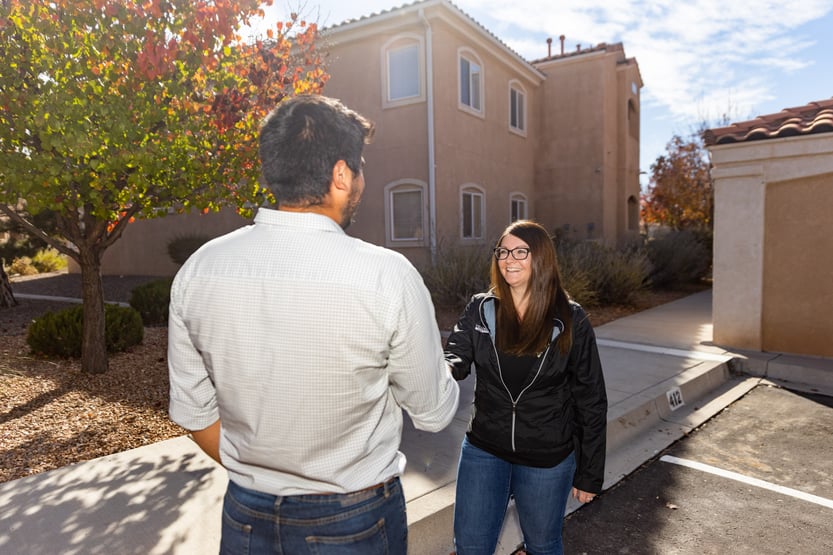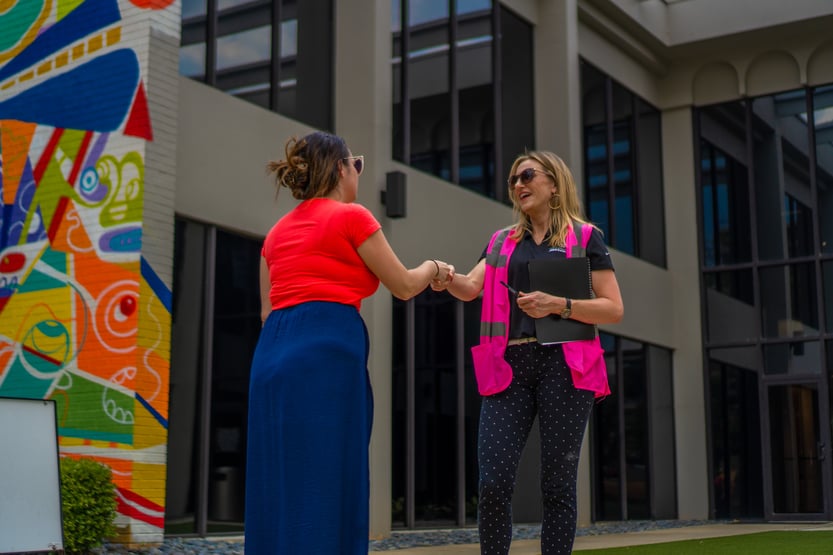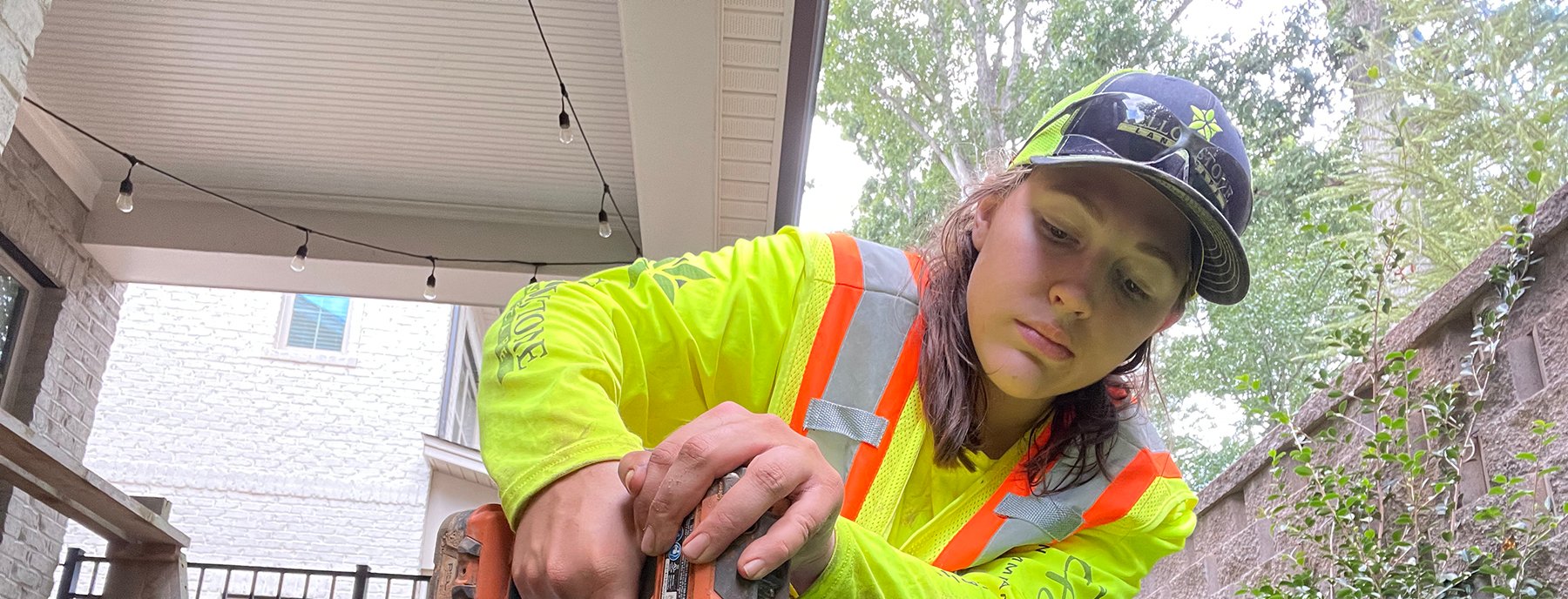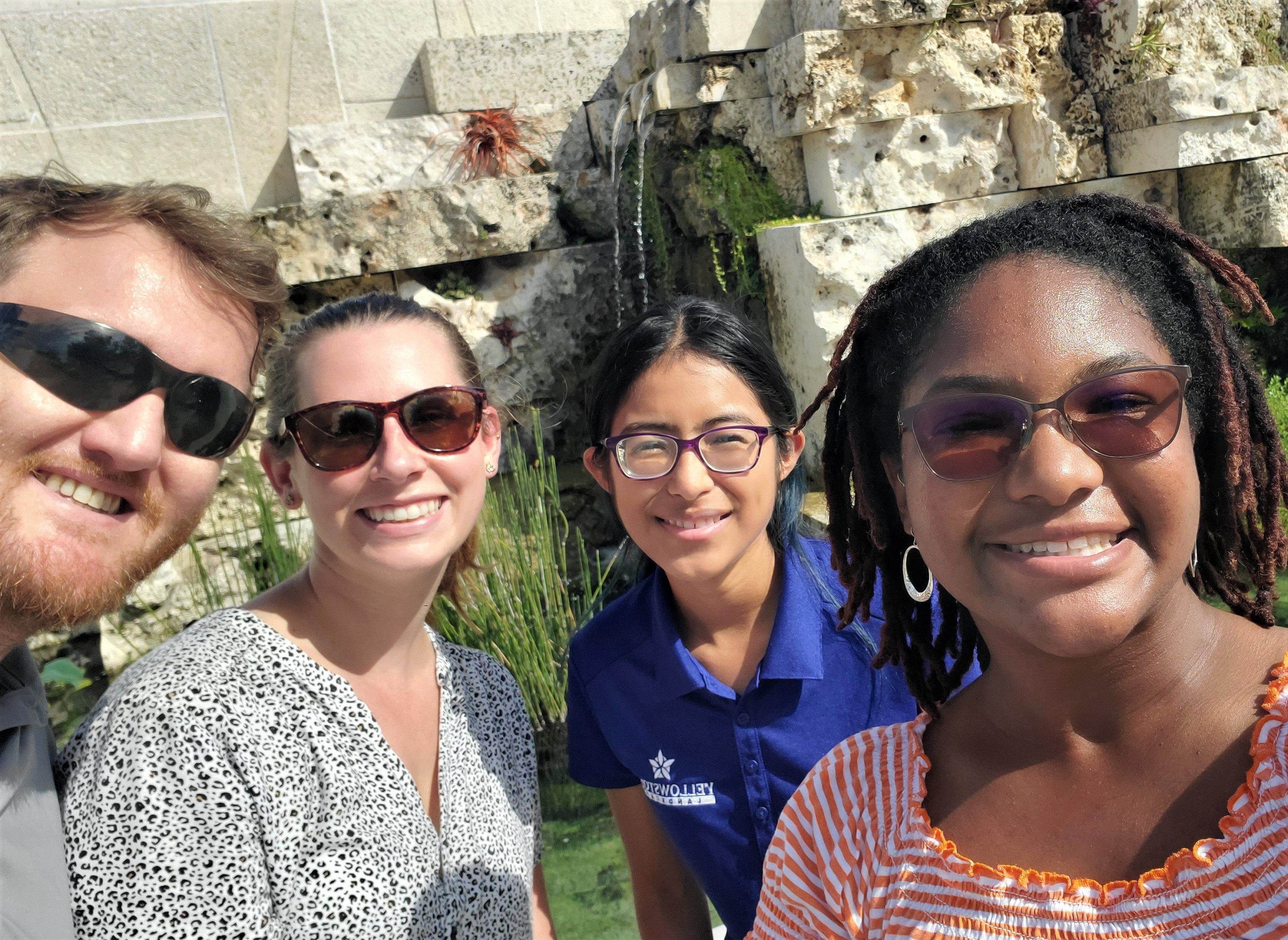With the arrival of Valentine’s Day each year, many people use the occasion to take stock of the important relationships in their life. While the holiday might mean little more than a nice bouquet of roses and a romantic dinner with their partner for some, others might be thinking about the other important relationships in their personal and professional lives.
After all, it’s often said that we spend more time with the people we work with than with our own families. So, it’s only natural that we expect all our relationships, personal and professional, to give us a sense of joy and fulfillment. And one thing that we’ve found over the years of serving our clients is that the key to any relationship – personal or professional – is communication.
Communication is the foundation of any professional relationship. Especially so in the case of a client-vendor partnership. It is the key to success and the cornerstone of a healthy and productive working relationship. In today's fast-paced, always-connected world, effective, yet concise communication has become more critical than ever before. In this article, we’ll explore the importance of communication in a professional client-vendor relationship and why it matters so much that you build a good communication plan with your property’s landscaper.
Building Trust
First, effective communication helps to build trust. In many cases, we find that when trust is broken between and client and a landscaping vendor, or any other service provider for that matter, the relationship is doomed from that point forward. When landscape professionals communicate openly and honestly with our clients and our clients with us, it creates an environment where trust can flourish. This is important because trust is the foundation of any healthy and successful business relationship, just as it is in a personal relationship. When trust is present, people are more likely to work together seamlessly and achieve the goals we set together for the property’s appearance.

Resolving Misunderstandings
Second, investing in an effective communication system between you and your landscape vendor will help reduce misunderstandings and quickly resolve the conflicts that will inevitably emerge in the process of serving your landscape. When both the client and the landscape professional communicate well, they are less likely to misinterpret messages or jump to incorrect conclusions. Establishing service standards, agreeing on service area boundaries, and setting regular meetings with each other to talk through any unresolved service issues will help to eliminate areas where mistrust can sneak into the relationship. By resolving areas open to the risk of conflicts and misunderstandings, which can lead to a breakdown in the relationship, you are preventing future bumps in the road before they emerge. Good communication helps to keep everyone on the same page and eliminates any potential roadblocks.
Working Together
Third, good communication helps to improve collaboration and teamwork. When clients and vendors communicate effectively, they are more likely to work together seamlessly, share ideas and solve problems together. Rather than pointing fingers across the table, look for ways to sit on the same side of the table and look at potential problems together, for the good of the property. This leads to better teamwork and increased collaboration, which in turn leads to better results in your landscape. When both sides are working together efficiently, openly, and honestly, they can achieve more than they would be able to when each side is only concerned with achieving their own organizational objectives.
Managing Expectations
Fourth, communication is essential for managing expectations. In our experience, failure to properly set and manage expectations is the number one reason why client-landscaper relationships fail. But, when both the client and the landscaper communicate well, they are more likely to understand what is expected of them and what they can expect from others. This helps to avoid any confusion or disappointment and ensures that everyone is on the same page when it comes to the landscape management plan for the property. Good communication means that everyone is working towards the same goals and that everyone is on the same wavelength because expectations have been clearly communicated by both sides and agreed upon, ideally before the contractor ever sets foot on the client's property.
Keeping It Positive
Finally, a relationship with good communication helps to foster a positive working environment. Poorly timed or incomplete communication from the landscape contractor leads to feelings of frustration, deceptiveness, and being taken advantage of by the client. When landscape professionals communicate effectively and transparently with a client, they are more likely to feel heard, respected, and valued. This creates a positive and productive working environment, which is a lot more fun for both sides of the relationship. When clients feel good about their property's landscape and trust the team that is doing the work for them, they are more likely to be engaged and motivated to do more to enhance the spaces we manage for them.
In conclusion, effective communication is often hard to define. It’s easy to spot when it’s missing but harder to plan from the outset of a client-vendor partnership. It takes work from both sides, the client and the landscape contractor, but it is absolutely critical to the success of any professional relationship. It helps to build trust, reduce misunderstandings, improve collaboration and teamwork, manage expectations, and foster a positive, working environment.
If you’re looking for a landscape partner that’s willing to put in the effort to build the kind of relationship that you and your property deserve, contact us today.






